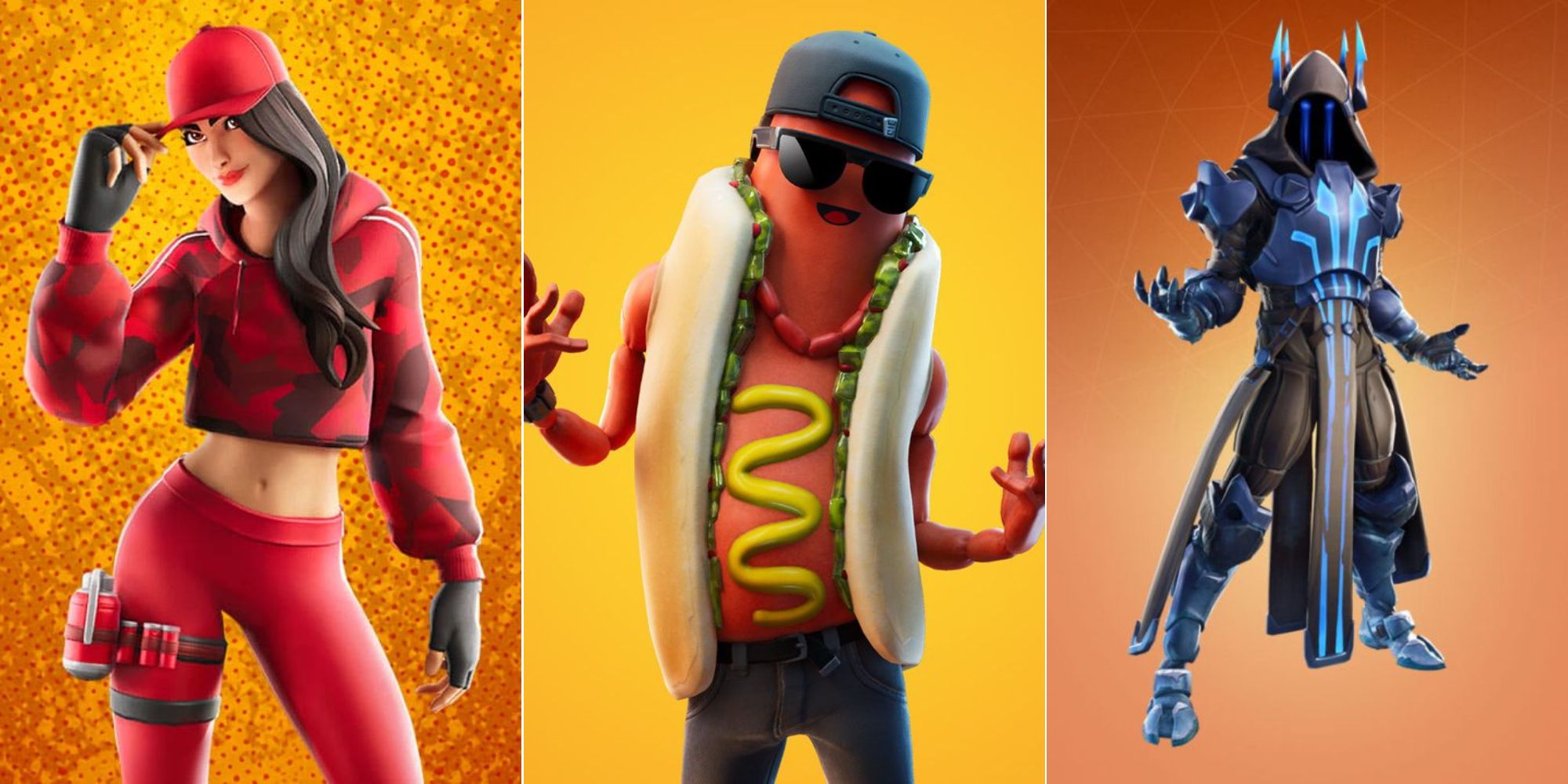
Fortnite: Battle Royale needs no introduction. The cartoony online shooter has been played by millions of players of all ages. Streamers and esports pros have built entire careers on Fortnite, and in just a few short years it's become as ingrained in video game culture as Haloor Pokemon.
As much as developers and publishers might wish it were otherwise, making a smash hit on the level of Fortnite is like being struck by lightning; you can create conditions that will make it more likely, but the thing actually happening is out of your hands. Here's how Epic Games caught their billion-dollar thunderbolt.
Who Is Epic Games?
Epic Games has been around for a long time. Founded in 1991 as Potomac Computer Systems, the company changed its name to Epic MegaGames the following year and finally settled on its current name in 1999. Founder Tim Sweeney would later claim in an interview that the name change was intended to make the company seem bigger than it was, when in truth he was the only employee at the time Potomac became Epic MegaGames.
Epic enjoyed moderate success with side-scrollers like Jill Of The Jungle and Jazz Jackrabbit throughout the 1990s, but its 1998 first-person shooter Unreal and its multiplayer follow-up Unreal Tournament really put it on the map. The 2000s saw continued success, with the company licensing its Unreal Engine to studios around the world, and Epic's macho sci-fi shooter Gears Of War spawning another successful franchise.
Fortnite: Save The World
After the release of Gears Of War 3 in 2011, Epic held a game jam, an event where its developers got together to brainstorm and come up with new game ideas outside the structures of their day-to-day projects. They hit upon the idea of blending the construction mechanics of Minecraft with online shooter gameplay, and the company liked it so much that they announced Fortnite at the 2011 Spike Video Game Awards three weeks later, despite barely having started on the project.
Originally slated to release in 2013, Fortnite: Save The World would be a co-op survival shooter where players would work together to scavenge materials for a base, which they would build and defend against AI-controlled zombies. The bright, cartoony look would be a departure from the grimy, bloody environments of Gears Of War.
Fortnite's announcement came at a time of change within the video game industry, and as the initial release date grew closer, Epic decided to release the title under a games-as-service model, which was growing in popularity among large publishers.
Epic reached out to Chinese giant Tencent, whose rampant success with the model gave them the expertise the studio needed; Tencent agreed to help with the development of Fortnite in exchange for being allowed to purchase forty percent of the company. The shift toward games-as-service was a factor in Epic's decision to sell the Gears Of War franchise to Microsoft in 2014.
Battle Royale
The development process for Fortnite was drawn out for several more years as Epic continued to make changes to the project. The game released into early access in July 2017. Four months earlier, another early-access game, PlayerUnknown's Battlegrounds, had launched; the hundred-player free-for-all effectively brought a new genre to the forefront, becoming the summer's big hit.
Developers and publishers alike rushed to seize on PUBG's runaway popularity, and Epic was no different. By September, Battle Royale was ready to be added to Fortnite: Save The World as an alternate game mode. A last-second decision to release Fortnite: Battle Royale as a standalone free-to-play title turned out to be the right move: the game saw ten million downloads in its first two weeks.
In less than a year, there were an estimated 125 million Fortnite players, with around 40 million of them playing the game at least once a month.
Victory Royale
fortnite jazz hands
Fortnite made over two billion dollars in 2018, its first full year. 2019 saw increased costs from the growing needs of the global phenomenon, but the game still posted a profit of 1.8 billion dollars, making it the most-profitable game of that year.
Fortnite's pop-culture influence grew to the point that it attracted collaborations with triple-A celebrities, with personalities like BTS and Ariana Grande appearing in the game.
Fortnite: Save The World was fully released in late 2020, nine years after it was announced at the Spike Video Game Awards. While it does have its own dedicated fanbase, the majority of the franchise's press, playership, and resources are firmly devoted to Battle Royale. It's clear that the impact of Fortnite, from its influence on the greater industry all the way down to meme dances, will be felt for years to come.
Next: The Origin Of Genshin Impact